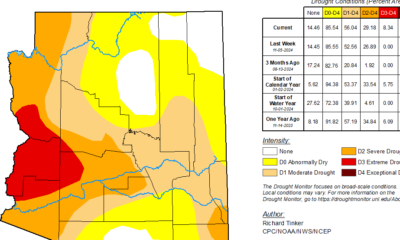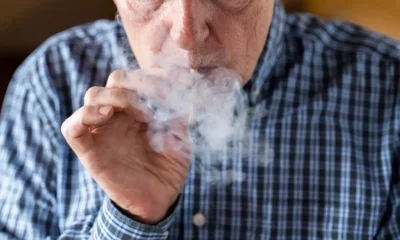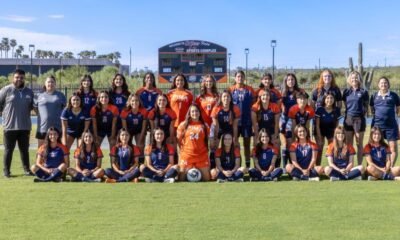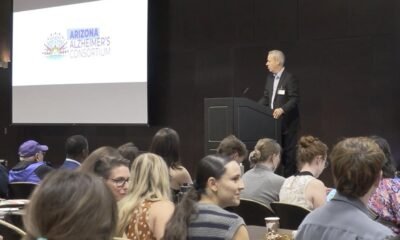Abigail Echo-Hawk
Indigenous Women Speak Out: A Deep Dive into the MMIW Crisis and Its Challenges
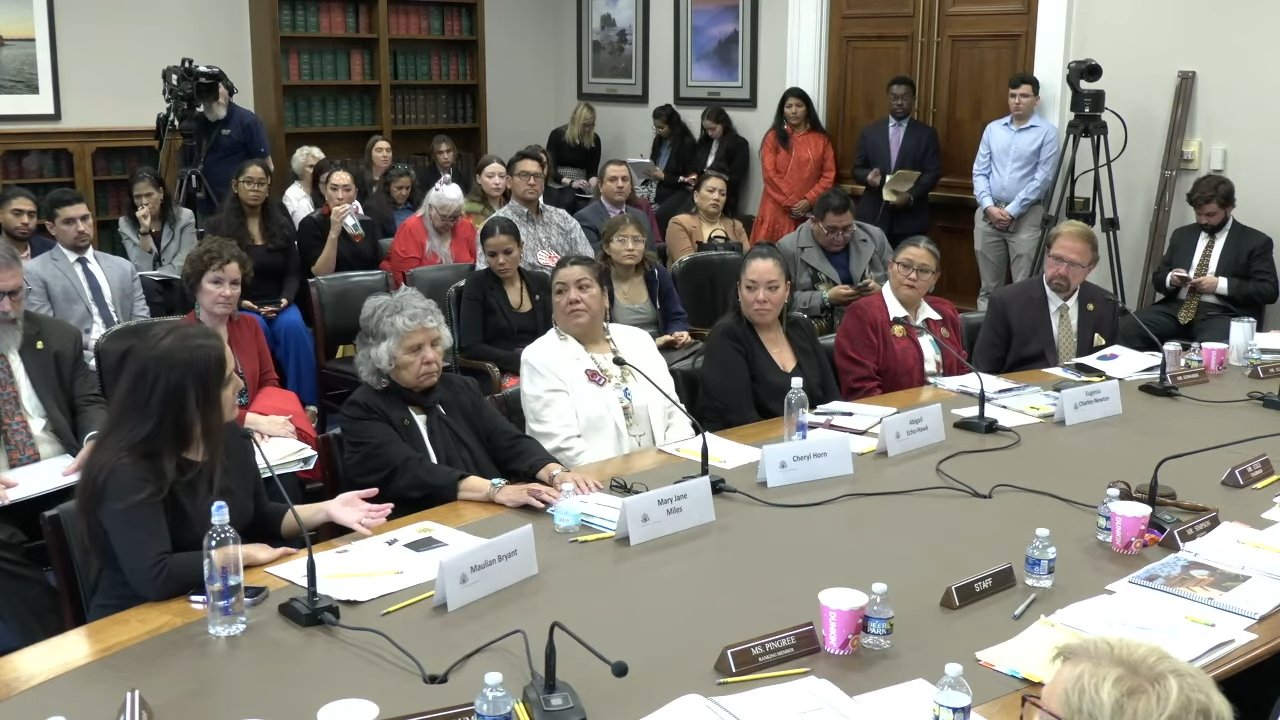
During a recent congressional hearing on Missing and Murdered Indigenous People, Navajo Nation Council Delegate Eugenia Charles-Newton highlighted the alarming crisis affecting Indigenous communities. She specifically mentioned the names of Paul Begay, Anne Curley, Ella Mae Begay, and Everett Charley, emphasizing that they should not be forgotten.
Charles-Newton addressed the House Appropriations Committee, pointing out that while both men and women go missing, Native American women are the most affected, often caught in cases that are seldom solved. The Bureau of Indian Affairs estimates approximately 4,200 Indigenous peoples’ cases remain unsolved.
Currently, 75 known individuals are missing from the Navajo Nation, with an uncertain number of murders. “We lack the manpower and infrastructure to track these cases effectively,” she stated.
On November 20, she was one of five Indigenous women who testified, sharing their firsthand experiences in advocating for the missing and murdered. Each panelist outlined recommendations for federal agencies to improve support for their efforts.
The hearing exposed several critical issues, including persistent jurisdictional confusion among federal, state, and tribal law enforcement agencies. Many panelists voiced concerns about inadequate resources for investigations, poor data collection on Indigenous cases, and accountability issues.
Mary Jane Miles, vice-chairman of the Nez Perce Tribal Executive Committee, articulated the pain over the perceived lack of value placed on Native women. “Historically, those in power have neglected Native women, but their families and tribes care deeply,” she noted.
Numerous testimonies revealed a frustrating cycle of jurisdictional confusion, where law enforcement often deflects responsibility. Cheryl Horn, a member of the Assiniboine Tribe, recounted her struggle to secure assistance when her nieces went missing, emphasizing the reluctance of various law enforcement agencies to take on the cases.
Abigail Echo-Hawk, Director of the Urban Indian Health Institute, criticized the “maze of jurisdiction” as a convenient excuse used by law enforcement to ignore cases involving Indigenous people. Charles-Newton further illustrated these issues with a harrowing account of her own kidnapping and assault at the age of 17, for which her assailant was never prosecuted.
She stressed that often, there is little motivation to resolve these cases, stating, “Nobody wants to solve these cases. They just want to say it’s closed.” This lack of action is compounded by societal stereotypes that render Native women invisible, complicating law enforcement’s response.
Subcommittee Chairman Rep. Mike Simpson called the hearing to address these glaring issues. He noted that over 40% of American Indian and Alaska Native women will experience rape in their lifetime, with homicide being a leading cause of death for Indigenous women aged 10 to 24.
Simpson also highlighted significant statistics regarding missing Indigenous women, revealing that in 2023, more than 5,800 American Indian and Alaska Native females were reported missing, with a staggering 74% being children.
In response to these crises, the House Interior appropriations bill has allocated a $191 million increase for public safety and justice programs within the Bureau of Indian Affairs. This includes additional funding aimed at addressing the missing and murdered Indigenous women’s initiative.
Echo-Hawk urged the committee to recognize the urgent needs of Indigenous people living in urban settings, who also face similar crises without the necessary resources or support. The ongoing implementation of the Savanna’s Act and the Not Invisible Act remains a critical focus for addressing these disparities.
The Not Invisible Act Commission, formed to bolster recommendations on these issues, is still in its early stages. Many representatives stressed the importance of including urban Indigenous voices in future deliberations to ensure comprehensive solutions.
Witnesses called for greater accountability within various sectors, including military responses to violence against Indigenous people and enforcement of laws protecting these communities. Rep. Chellie Pingree emphasized the need for a multifaceted approach that tackles interconnected issues such as drug trafficking, domestic violence, and poverty.
At the core of this hearing was a common goal: to develop actionable solutions and ensure that resources are effectively allocated to resolve the crisis of missing and murdered Indigenous peoples.
